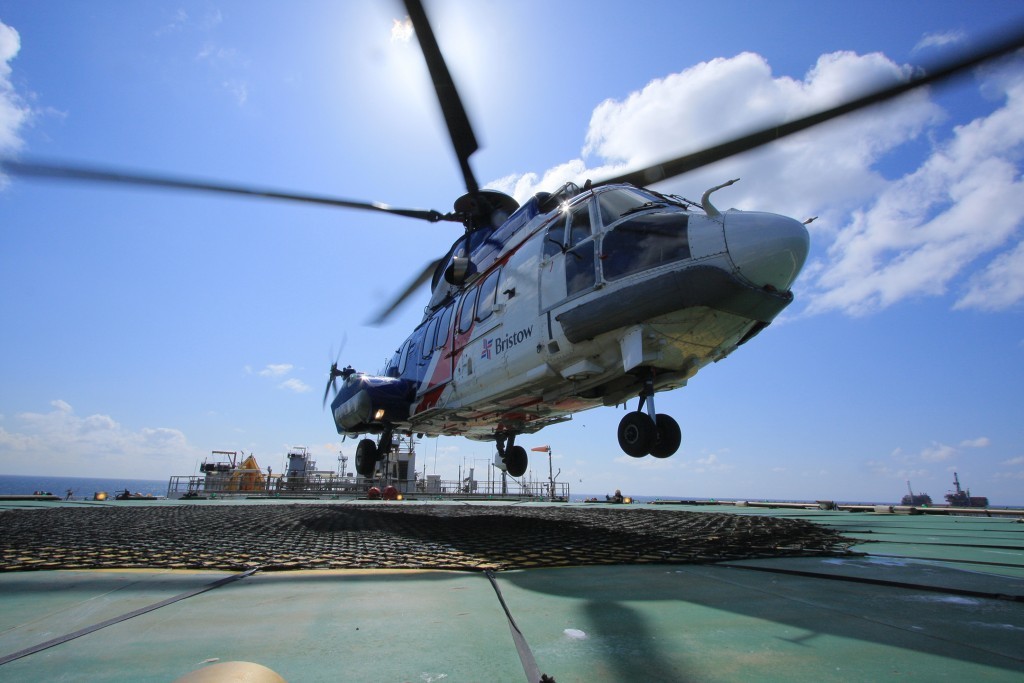
Industry chiefs are fighting in Westminster and Capitol Hill to support global helicopter firms that operate in the UK North Sea, warning some “will probably not survive”.
Tim Fauchon, chief executive of the British Helicopter Association, has written a letter to the aviation minister Kelly Tolhurst highlighting the “issues facing the whole helicopter industry” and inviting her into a “dialogue” for support.
There was already “great pressure” on North Sea firms operating in Aberdeen, even before the Covid-19 pandemic, due to “too much capacity chasing too few contracts which had incredibly tight margins”, Mr Fauchon said.
A 30% drop in traffic rocked these companies last month due to the oil price crash.
Mr Fauchon said: “The plight of the airline industry always grabs the headlines and at times Government officials need reminding of the smaller sectors which contribute to the nation’s infrastructure and resilience.”
Analysis last week from consultancy Air and Sea Analytics said “opportunistic M&A”, financial restructuring and even potentially government intervention were on the cards for the UK’s offshore helicopter sector.
CHC and Bristow, US-headquartered players who operate from Aberdeen, both went into Chapter 11 bankruptcy in the wake on the last downturn.
James Viola, chief executive of the global trade body Helicopter Association International (HAI), based in the States, said the shock of the oil price plunge is taking a heavy toll.
He said: “This pandemic is affecting businesses globally in ways no one could have predicted, and then the drop in crude oil prices further complicates the matter.
“Few businesses will escape this pandemic completely unscathed and there probably will be some companies that will not survive such a massive, unexpected interruption of their business.”
Mr Viola said HAI has been lobbying in Washington DC, voicing the needs of the industry, and supports the idea of “any government providing support to affected industries and workers”.
Having spoken to operators personally, he said business is down “in every sector”, with some pilots in the Gulf of Mexico being laid off, while others are not flying at all.
He added: “We understand that several gulf operators have laid off pilots, but the maintenance crews are still working. This will ensure that the aircraft are ready to fly as soon as the petroleum industry is ready to return to full service.”
In the UK oil and gas sector, up to 30,000 job cuts are expected over the next 12-18 months, which would include helicopter firms, while talks are ongoing on a support package for the industry.
The Department for Transport has been contacted for comment, as has the pilots’ union BALPA.

